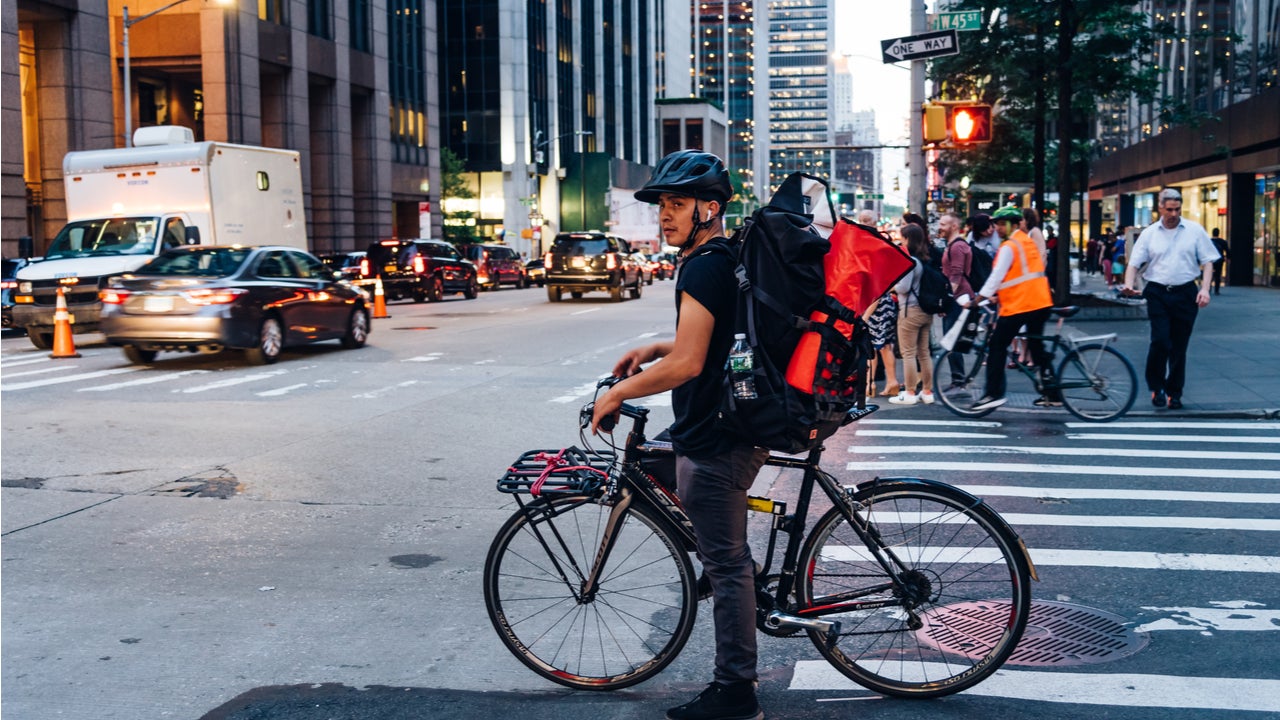Economists believe that the US recovery is hit by a massive mismatch between available jobs and what people want, as businesses continue to complain about staff shortages and the inability to handle demand amid rapidly rising wages.
David Flynn
David Flynn, an economic historian, forecaster, and professor at the University of North Dakota, retweeted an article shared by Patrick W Watson, senior editor at Mauldin Economics, on US recovery marked by a growing mismatch of jobs available in industries today and the number of people working in those industries pre-Covid.
The resurgence of the virus in the country has caused hospitalisations back to their highest levels since January, which has impacted the labour market again with just 235,000 jobs added in August. Data reveals there is still a shortage of five million jobs compared to before the pandemic, indicating problems related to the availability and access to quality childcare among others.
While the government struggles to understand and meet this mismatch, September marks the end of the $300 federal weekly benefits for those furloughed during the pandemic. Additionally, millions of gig workers and self-employed people have lost their unemployment aid wholly. Though some expected an increase in people looking for jobs, about 22 states that phased out the benefits found workers not returning back to their jobs.
"There is a fundamental mismatch between what industries have the most job openings now and how many unemployed people used to work in that industry pre-pandemic." https://t.co/PX5YkX8Gdo
— Patrick W. Watson (@PatrickW) September 5, 2021
 GlobalData Strategic Intelligence
GlobalData Strategic IntelligenceUS Tariffs are shifting - will you react or anticipate?
Don’t let policy changes catch you off guard. Stay proactive with real-time data and expert analysis.
By GlobalData
Linda Yueh
Linda Yueh, economist, broadcaster, and an adjunct professor of economics at the London Business School, and a fellow in economics at the St Edmund Hall, Oxford University, shared a World Bank research on how immigrants have been particularly exposed to high risk and essential jobs during the Covid-19 pandemic.
According to the EU Labour Force Survey, only 27% of employed migrants in EU15 have a job agreeable to telework as against 41% of native employees. As a result, migrants are more than 10% less likely than natives to hold jobs that are protected from negative income shocks caused by the Covid-19 pandemic. Additionally, the research found more migrants to have jobs that increased their exposure to Covid risks, although significant range in exposure was found among immigrant groups.
The analysis also found that the effects of immigration on job safety was stronger for highly educated native workers, who benefitted from both high-skilled and low-skilled migrants during the pandemic. In contrast, the effects were smaller and insignificant for less educated native workers.
World Bank research finds immigrants are generally employed in occupations more vulnerable to COVID risks: 27% of employed migrants in EU15 have job amenable to telework vs 41% of native workers. Migrants slightly more likely to be in essential occupations https://t.co/mcNkmyzPdD
— Linda Yueh (@lindayueh) September 5, 2021
Steve Hanke
Steve Hanke, a professor of applied economics at the Johns Hopkins University in Baltimore, Maryland also a senior fellow and director of the Troubled Currencies Project at the libertarian Cato Institute in Washington, DC, shared an article on thousands of Zimbabwean teachers having gone on strike because of low salaries and lack of personal protective equipment (PPE) against Covid-19. Additionally, inflation is expected to be increasing at 66.48% per year.
While in-person learning resumed this week, Zimbabwe’s Amalgamated Rural Teachers Union has announced that teachers will only return to classrooms when the government steps in to meet all Covid-19 concerns. According to the Union, authorities have been negligent in providing adequate water and PPEs to schools, warning that classrooms may turn into Covid-19 superspreaders.
In #Zimbabwe, thousands of teachers have gone on strike over a lack of #PPE against #COVID-19 & salaries that are below the poverty level. To make matters worse, inflation is soaring at 66.48%/yr. The first step is to #dollarize.https://t.co/Z6SmDho0c2
— Steve Hanke (@steve_hanke) September 5, 2021




